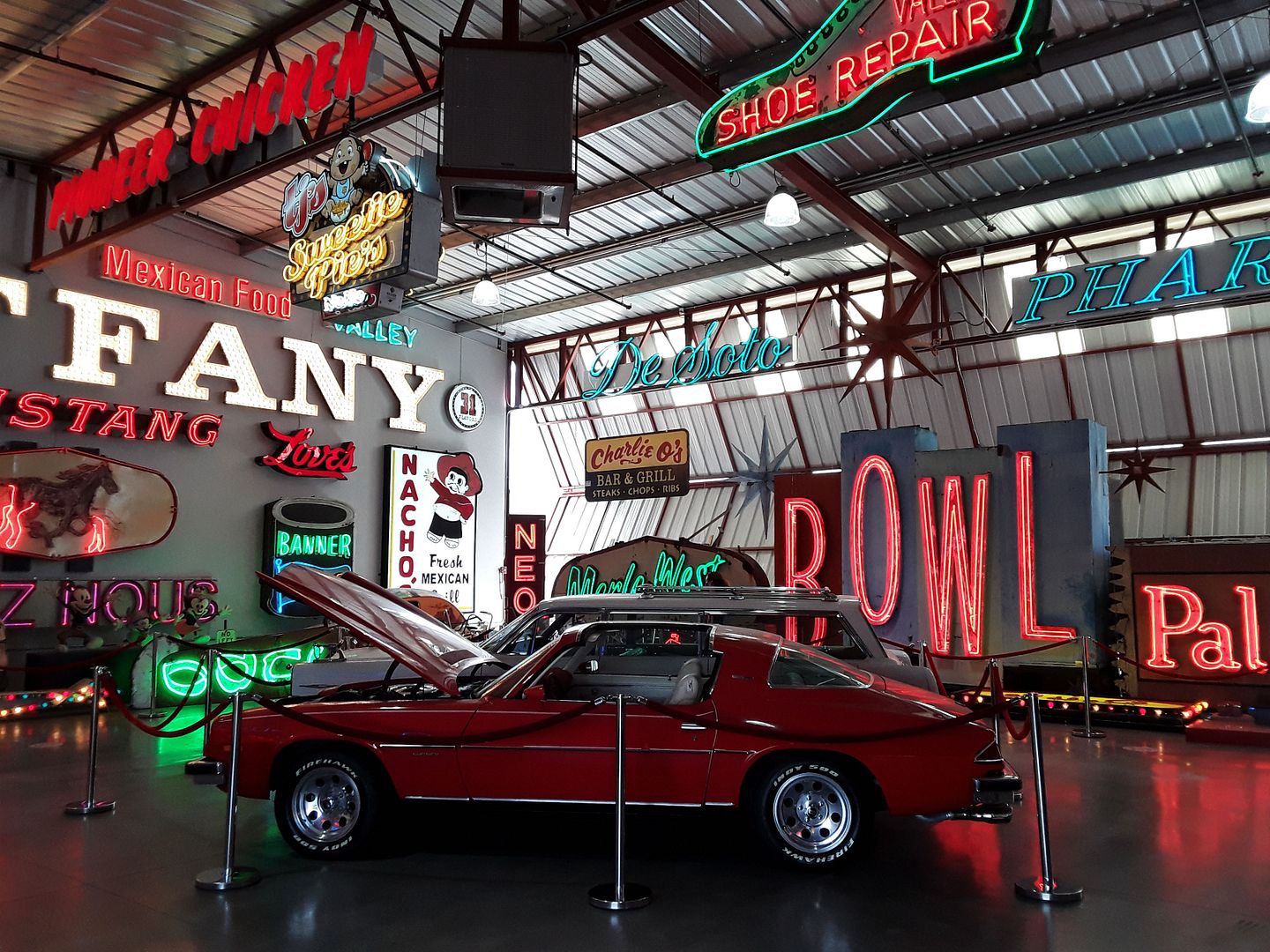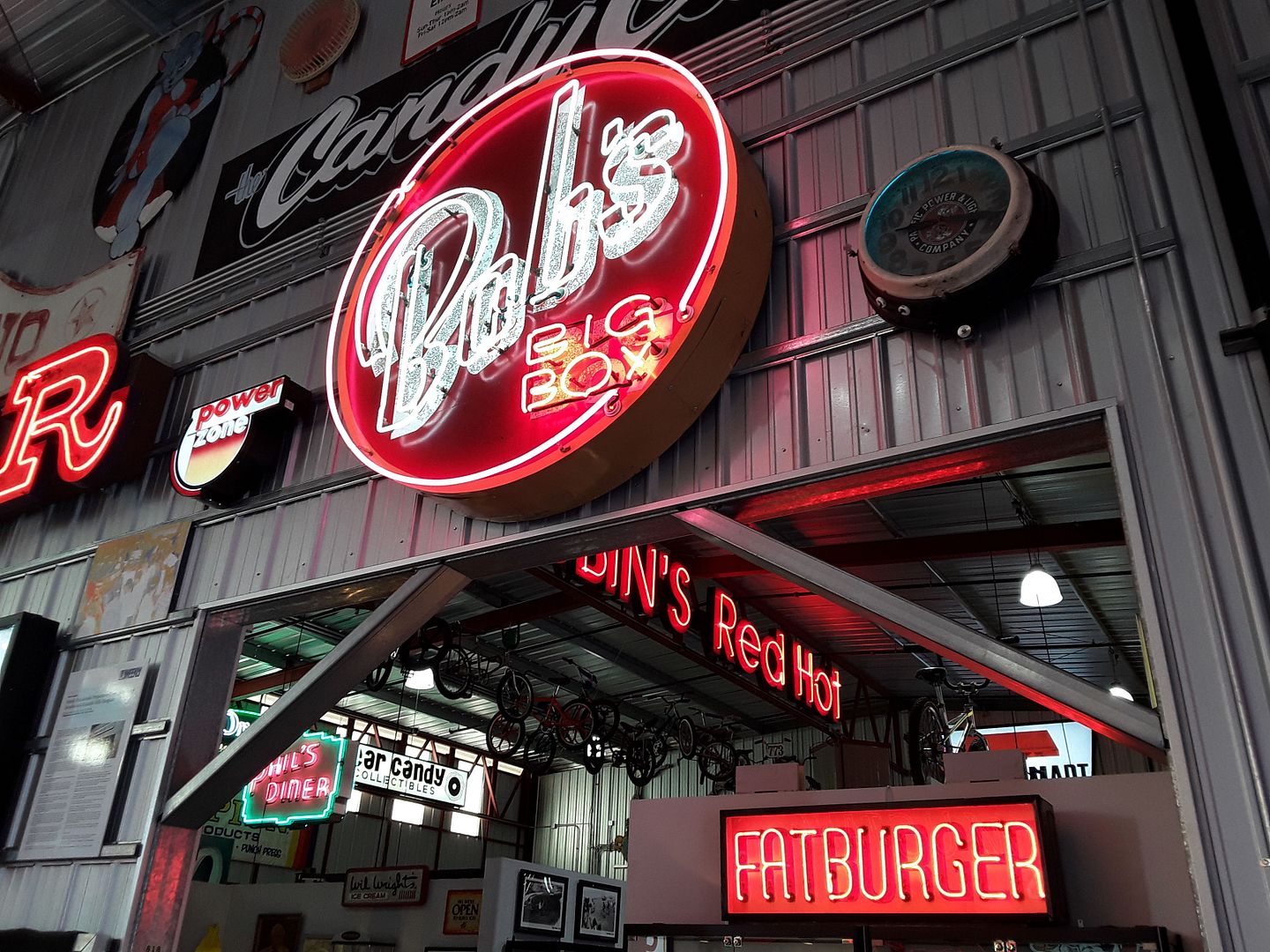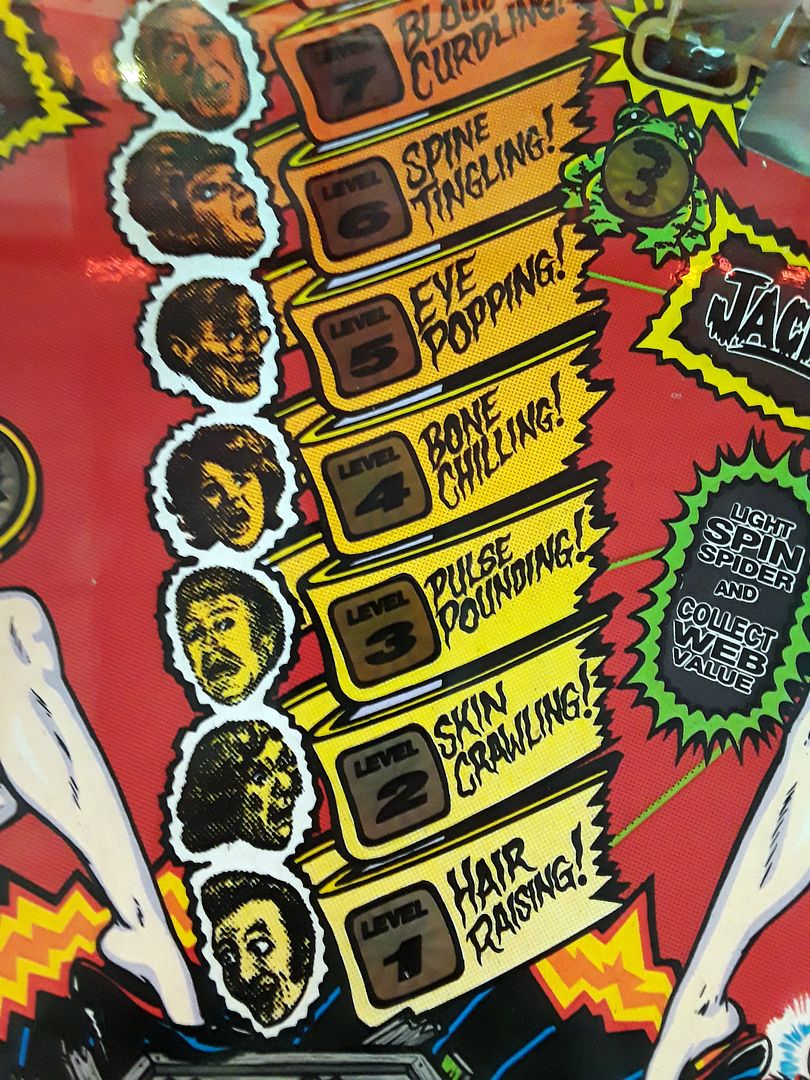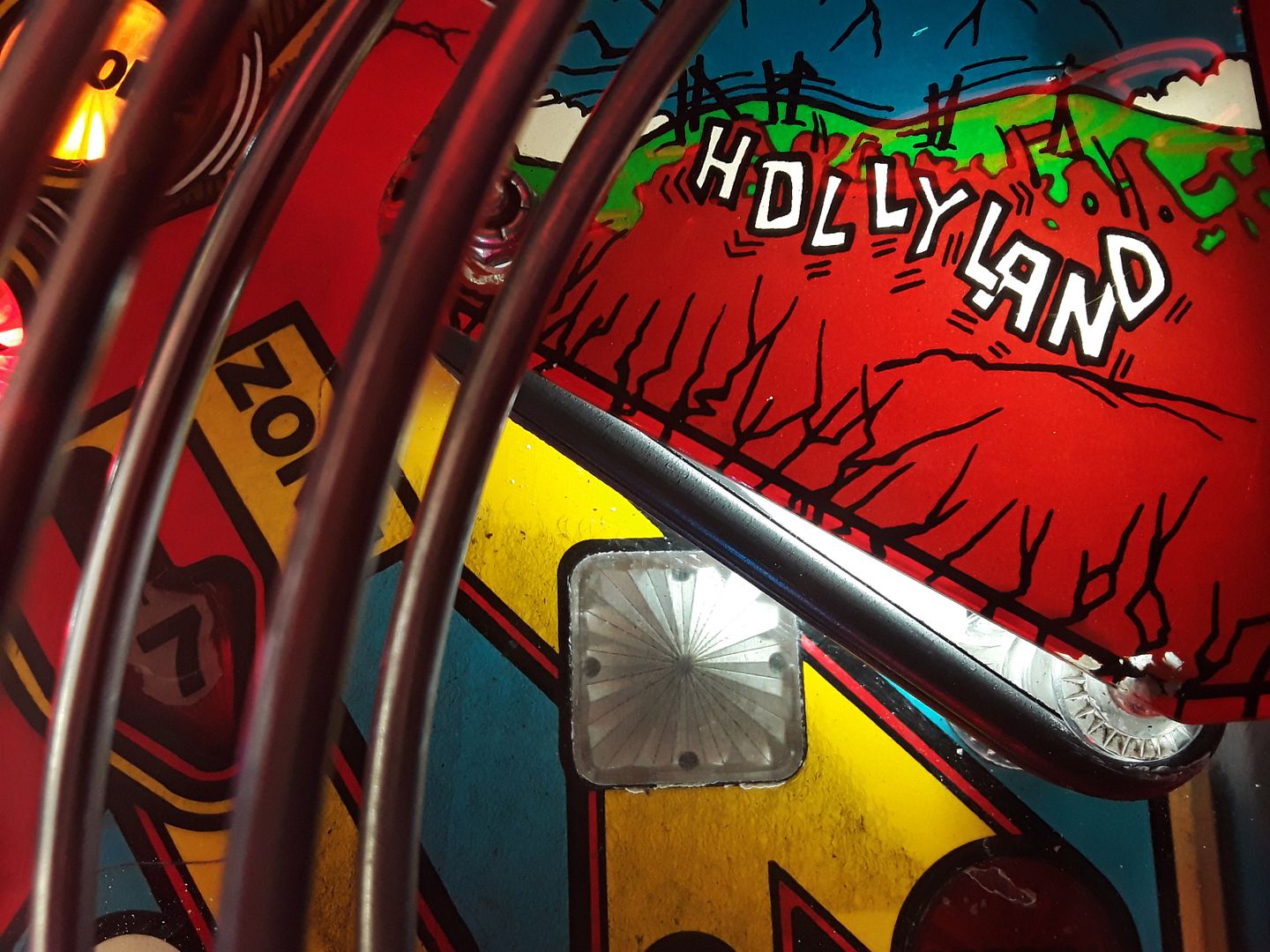Down Flying Leo Carrillo Lane in Carlsbad...

...just off of Carrillo Way...

...you'll find Rancho de los Kiotes...

...or the Ranch of the Spanish Dagger...

...so named for the barbed succulents that were bountiful on the property (and would stab you as you walked by or, at the very least, catch onto your clothes).

But it's most famous as the "Flying L" Ranch of movie and TV actor Leo Carrillo, whose brand features his initials and a pair of protrusions that would be considered horns on any other ranch, but here represent wings.

At 27 acres, the ranch—now a historic park owned and run by the City of Carlsbad—is considerably smaller than it was in Carrillo's time, but the campus still contains structures like the old caretaker's quarters (now the park office).

It acts as a primer for anyone not so familiar with the cowboy of the big and small screen, most famous for portraying the desperado sidekick on
The Cisco Kid, Pancho.

Born in California of Spanish (Castillian) descent, his great-great grandfather was Captain José Raimundo Carrillo, an early Spanish settler of San Diego who'd come north from New Spain (a.k,a. Mexico) as part of the Portola Expedition.

His great grandfather was Carlos Antonio Carrillo, a Californio who served as governor of both Alta California and
El Pueblo de Nuestra Señora la Reina de los Ángeles.

After achieving some success in Hollywood, he looked to move somewhere not too close and not too far—somewhere with lots of room for his friend to come and party and stay if they wanted to.

In 1937, he ended up purchasing the Kelly Homestead, founded in 1868. With an old adobe home that needed some fixing up, and two water wells on the property, it fit the bill.

While he'd been looking, Carrillo had said, "I'd like to get an old adobe which was forgotten, but not too late to save, and rebuild it and put it back where it was one hundred years ago."

And that's exactly what he did.

What's now known as The Hacienda had been built of adobe but then covered with wood, with a second story added.

Carrillo returned it to its original splendor, roofed in red terra cotta tiles that were shaped on ladies' thighs—therefore narrower at one end, which made for easy stacking.

All the rooms had fireplaces, but most of the heat just went right up the chimneys. So, in each room, you'll find a niche in the wall where a space heater used to go.

Leo's bedroom still features fabulous Western-style furniture custom-made by Barker Brothers.

And at the entrance to the outdoor kitchen, the sidewalk is inscribed with "
Que comen bien," or "Eat well."

The outdoor grill could cook up enough meat and beans for the throngs of people who'd attend Carrillo's regular rodeos and other events on the ranch...

...and the cabaña by the pool would serve up plenty of drinks to wash everything down with.

But just to be sure no one went thirsty, there was also the cantina (now closed to the public), next to the carriage house/carport (which now houses arts and crafts and groomsmen for weddings) and the original wooden chicken coop.

Behind those three structures (just a fraction of the 18 structures, many adobe, that Carrillo constructed for the ranch operation)...

...there's a trail that leads up to Deedie's House.

That's where Carrillo's wife Edith, or "Deedie," would escape the crowds of Leo's Hollywood friends and fellow horsemen...

...and indulge in artistic endeavors, like basketry and pottery.

Leo made his own mark on Deedie's house, with a series of "doodles" carved into the outer walls of the cottage (including one that looks just like a portrait of Will Rogers's head).

One of the more recent restorations on the ranch is the five-stall stable and bunkhouse...

...where Leo used to hang his ropes and saddles and work out of an office upstairs.

Alas, the horses are gone, but Leo's handprints are still on the wall on the upper level. And according to my docent, they're looking at bringing some livestock back to the ranch, like in the old days.
Right now, the rulers of the roost at Leo Carrillo Ranch are the peafowl—shimmering peacocks, the peahens they woo, and the peachicks that result when they're successful.
There's even a white one named Jack.
Alas, it wasn't mating season during my visit, and the peafowl were being shy, not even letting me catch a glimpse of one of them.
And you know what that means:
I have to go back.
Related Posts:
Photo Essay: A Silent Movie Cowboy's Retirement Ranch (And His Horse's Final Resting Place)
Walking Box Ranch: Where Clara Bow and Her Hollywood Cowboy Husband Became Real Cattle Ranchers
Photo Essay: Oakridge, An Old Hollywood Celebrity Ranch



